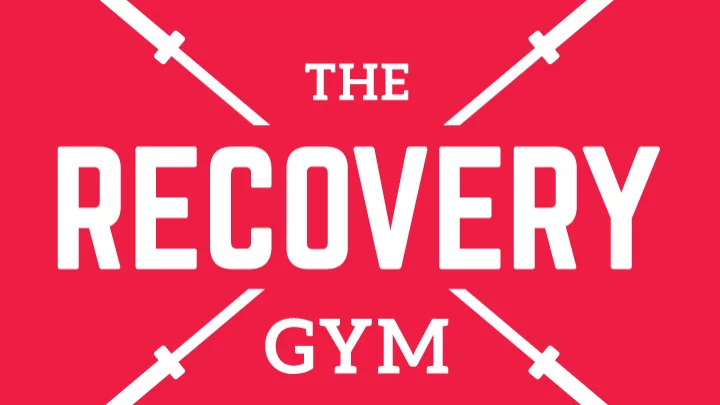

The Recovery Gym A project of The Alano Club of Portland
Who we are
Started in 2018 as the Recovery CrossFit Initiative, a program of the Alano Club of Portland’s Recovery Toolkit Series Established partnerships with local treatment providers and engaged over 250 clients in regular weekly classes In 2019, Alano received seed funding through the Oregon State Opioid Response grants to open “The Recovery Gym” – a stand alone recovery-centric CrossFit gym and fitness community TRG is co-located in a 12,000 square foot box with X-Factor Who we are CrossFit, where we can provide over 25 classes weekly to more than 350 individuals in or seeking recovery TRG staff are L1/L2 CrossFit certified and cross- credentialed as addiction peer support specialists
Recovery CrossFit Classes Beginners and advanced CrossFit classes for individuals currently in treatment or living in recovery in the tri-county region Currently offering 11 classes a week with expansion to 25 classes in the next quarter CrossFit Kids classes for at-risk youth impacted by SUDs. Initial partnership with Harmony Academy, Oregon’s first RHS Special Series and Activities Trail Running Series What we do Road Running Team Triathlon Team CrossFit Competitions Yoga and Mindfulness Peer Recovery Support Services
Pyramid of CrossFit - Applies fitness in competitive atmosphere with more randomized movements and skill Sport mastery Weightlifting/ -Develop the ability to control external objects and produce power Throwing -Establishes functional capacity for Gymnastics body control and range of motion -Builds capacity in each of the three metabolic M etcon pathways, developing efficiency for short, medium and long distances simultaniously. Nutrition - Lays the foundation for fitness and for health
Pyramid of Recovery A continual preocess of improvement of health and wellness, living a self-directed life, and striving to meet ones full potential. Recovery Managing and appropriate coping with stressors and obligations M anagement in order to prioritizerecovery. When maintaining recovery we need to constantly tap in to systems and support like step programs, therapy, peer groups, M aintenance fitness disciplines etc., When we’re addressing the importance of consistency Consistency in recovery, we’re talking about incremental change For people to succeed in recovery long-term, they must find Community/Support purpose, meaning and joy in life through positive habits and healthy lifestyles. One of the best ways to develop and maintain healthy habits is through community.
Statement of Need Populations Served
According to the Oregon Substance Use Disorder Research Committee 2017 report, 1 in 10 Oregonians live with a substance use disorder. Additionally, an estimated 130,000 Portlandians are living in recovery and need access to community-based recovery supports and physical health services The Recovery Gym bridges this gap and provides both recovery support and physical activities to both populations – those with substance use disorders and Statement of Need living in recovery Populations Served TRG currently holds contracts with local treatment centers to pickup clients and train them weekly at TRG, as well as local recovery centers and recovery residences
Cost Benefit Analysis The Value of The Recovery Gym
ESTIMATED SAVINGS PER INDIVIDUAL + $10,756.69 ESTIMATED SAVINGS PER YEAR + $2,689,172.50 Cost Benefit Analysis COST ESTIMATE ASSUMPTIONS Inpatient Care per day: $275.00 Outpatient Care per day: $79.32 TRG cost per person per day: $29.60 Illegal activity per activity: $754.95 Incarceration per incident: $23,384.00 Income per day: $86.00
TRG is as much a stigma busting project as a health promotion initiative. We sponsor recovering athletes who compete in regional events across athletic disciplines. TRG’s CrossFit team placed 1 st in their first competition ever this spring A TRG athlete recently qualified for the United States TRG Brand Triathlon Nationals in Ohio. In the coming year, TRG plans to sponsor a triathlon Ambassadors team, a cycling team, individual road and trail runners, relay running teams and multiple CrossFit teams.
Partnering with Visions for Recovery (VFR) Consultants to provide a robust annual evaluation Completing GPRA on eligible individuals with an opioid use disorder or opioid use history Regular follow up at intake, 30-60-90-180 days, and 1 year Process Outcomes Engagement Attrition Referrals Individual Outcomes: Evaluation Recovery Capital Quality of Life (Physical + Psychological) Self-esteem Self-efficacy
Thank You The Recovery Gym - Portland
Recommend
More recommend